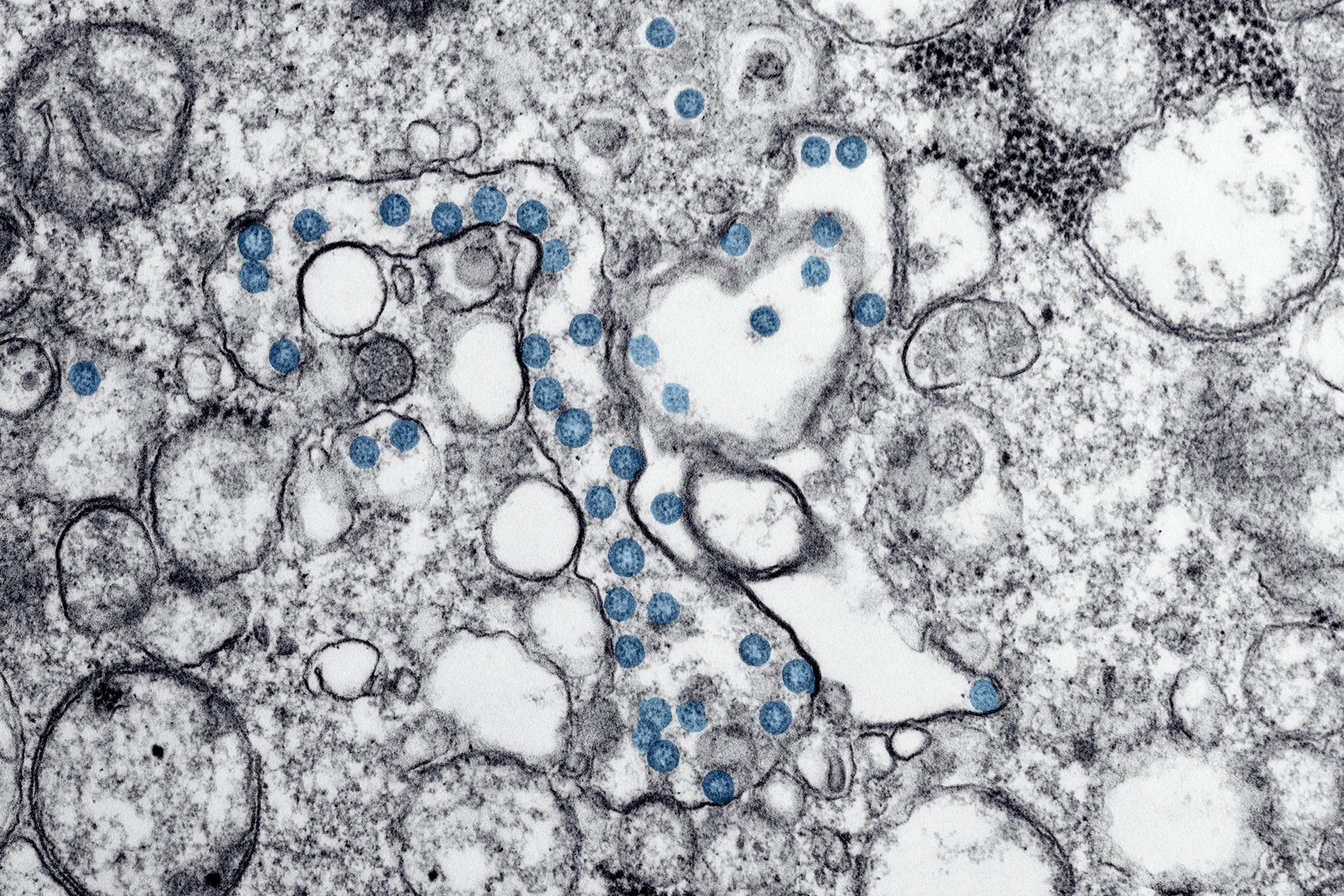Microbiome and Aging: A New Frontier in Age-Related Research
Aging presents numerous challenges, often referred to as a “silver tsunami” due to its sweeping impact on healthcare systems and societies worldwide. By 2050, over 1.6 billion people will be aged 65 or older, doubling today’s numbers. Amid these challenges, the microbiome is emerging as a pivotal factor in understanding and addressing age-related conditions.
The Microbiome’s Role in Aging
The gut microbiome, home to trillions of microorganisms, plays a vital role in digestion, immune regulation, and metabolic processes. With age, microbial imbalances, or dysbiosis, often occur, contributing to conditions like neurodegeneration, muscle loss, and cardiovascular disease. While associations between the microbiome and aging are well-documented, more research is needed to establish causal links and develop targeted therapies.
Alzheimer’s Disease and Cognitive Decline
Research demonstrates that gut dysbiosis exacerbates neuroinflammation and amyloid-beta accumulation, hallmark features of Alzheimer’s disease (AD). Dr. Hariom Yadav’s work at USF revealed that probiotics and dietary changes can mitigate these effects, improving cognitive function in animal models. These findings are now guiding human trials for microbiome-based therapies targeting AD.
Sarcopenia and Muscle Health
Age-related muscle loss, or sarcopenia, significantly impacts mobility and quality of life. The USF team found that certain probiotics reduce inflammation and enhance muscle strength in aging models. This discovery opens the door to microbiome-focused treatments aimed at preserving muscle health and reducing frailty.
Cardiovascular Health and Microbiome Metabolite
Microbial metabolites, such as trimethylamine-N-oxide (TMAO) and butyrate, are linked to cardiovascular health. USF researchers demonstrated that probiotics and dietary interventions could lower TMAO levels and enhance butyrate production, effectively reducing cardiovascular risks in older adults.
Tackling Inflammaging with PoZibio®
Leaky gut syndrome, marked by increased gut permeability, triggers chronic inflammation, or “inflammaging,” accelerating age-related diseases. Dr. Yadav’s lab developed PoZibio®, a heat-inactivated probiotic, to combat leaky gut. This postbiotic strengthens the gut barrier, reduces systemic inflammation, and promotes healthy aging, showcasing its potential in clinical applications.
The Future of Microbiome and Aging Research
The USF Microbiomes Institute and the MiaGB Consortium are at the forefront of microbiome research, exploring microbial contributions to aging from early life to old age. Their efforts include identifying microbial biomarkers for early disease detection and personalized therapies for age-related disorders.
As microbiome research progresses, it holds immense promise for transforming how we understand and treat the aging process, providing innovative solutions for healthier, longer lives.






